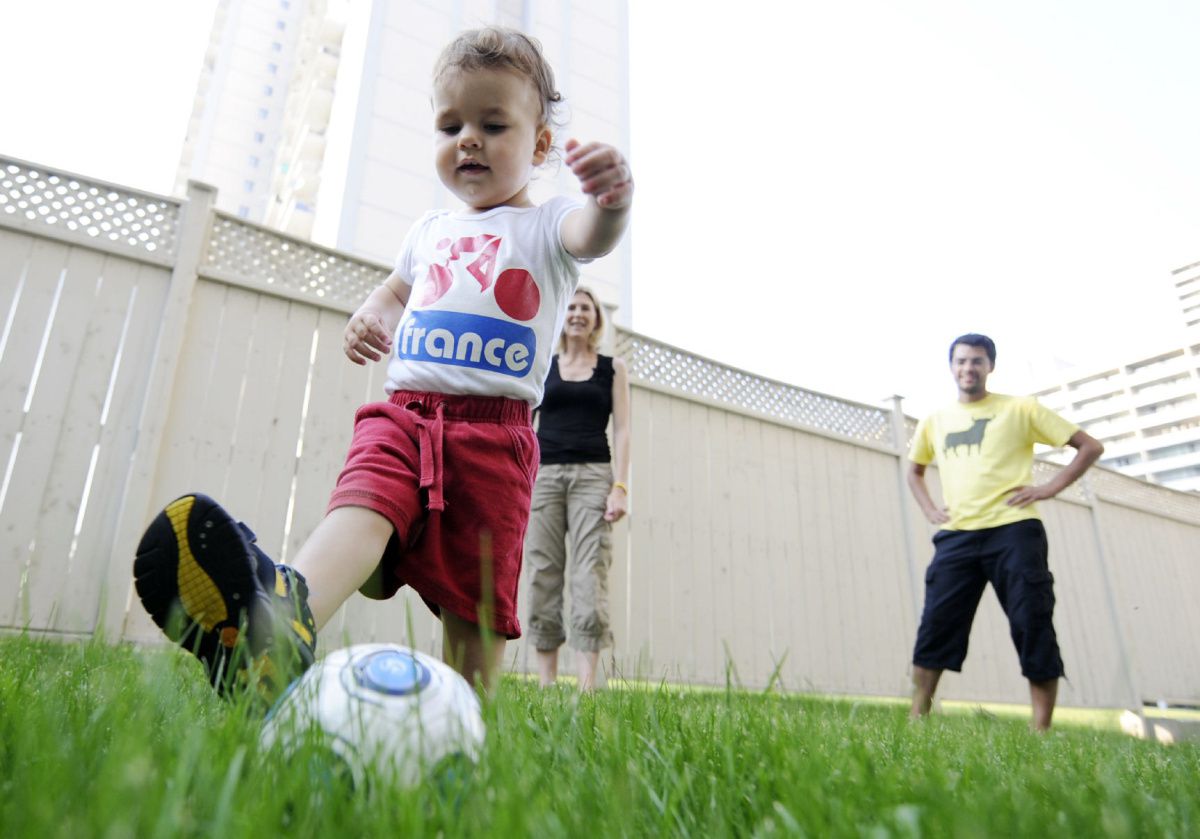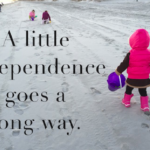Someone recently asked my husband Ajit, as he is a sportsman, if he consciously exposed our son to losing just so that our son could learn to cope with a loss, as most kids today are guilty of not being sportsmanly enough. Our reaction as parents was spontaneous – “No, we don’t teach our child to lose but as responsible adults we are there to help him cope with it, tough as it may be for him as a child! ” Respecting that someone else tried as hard or perhaps harder” was Ajit’s response to the question as what he tells our son. For both of us, it is critical that our child learn how to manage emotions but children will only mature over time and learn to cope with those emotions when one loses, as most people- young or old, play to win … nobody even indulges in playing Uno just for the fun of it – the human mind is wired to compete and ‘win’.
Our communication as adults be it teachers or parents to children has always been one to encourage them to participate,treat everyone fairly and allow for everyone to be motivated. Yet on Sports Days – it is 1, 2 and 3 winners are awarded medals and not the rest who werent even shortlisted, losing in the heats.
So on one hand we speak about participation and on one hand we seek heroes – imagine this for a child to process especially when he loses the race, or the match! He is disappointed that he has not lived up to the ‘best tag’.
So it is best that while we remain encouraging in terms of children participating, we surely embrace a better strategy to ‘encourage’ those who dont make it.
The other day a teacher was candid during report card day with parents that their son was a great talent but did not possess a ‘sports mans’ spirit. He would cry, get angry or pick a fight with his peers – Unable to control his emotions. Mind you, we are referring to a 10 year old boy here … ten years!!!
My question is, if you watch any sport today, racquets are being flung, emotions on display during a football or a cricket match and if adults cannot be better role models in terms of their demeanour, our expectations of these little ones seems tall.
Do not get me wrong, i am not saying that the child does not have to learn, but the assumption that they should know how to behave, “feel” in the first place is a burden too high to place on their shoulders. What is most annoying that statements of this nature are usually made by adults who have never played a sport in their life. They have never experienced that desire or seen that passion. They simply work with textbook expectations of ‘being in control.’ They could be those that never ever won hence the joy of winning possibly is viewed as an over emphasised emotion in the first place!
So what do we as adults do to help children cope with this difficult proposition? Is it possible to teach them to cope?
In my books, it is.
But it requires a great deal of patience, even greater compassion and a deep understanding of child psychology. As adults, we need to be completely secure and calm when nurturing these children. Often holding their hands and engaging with them ‘one on one’ and allowing them to speak, gets the steam off. It enables them to vent out, and you to work out what was the trigger point. Frustration that his team mate did not pass, or anger at himself for not playing well … if you listen closely, and allowing the child to speak without judging the child, you will get to the root cause of his anger in no time. And these challenges can only be addressed if one understands the trigger points. It could be hunger, sickness, pressure mounting whatever it is, we need to work it out by listening.
But as adults, our expectations and mind is so wired to accept only certain type of behaviour that we are ill equipped to manage the child who comes along with passion and we admit, the child’s energy needs to be channelised constructively.
Breathing exercises, sips of water, minor distractions, not discussing the issue right away, change of clothes and scenario enable a child to calm down.
The worst possible thing one can do to an already anxious child is to lecture them about behavior. Write down your thoughts, and remember to communicate when he is calmer.
There are no magic solutions that will be generated to resolve these outbursts, a lot of counselling, mentoring, talking about it in advance, warning signs discussed as a private conversation to forewarn the child may well be ideas that work.
Most likely those children that are quick to anger will always have some around them who know of their weakness and will use it to make sure the child is provoked. So figure it out and forewarn the child!
Peer talking also helps over a period of time, especially those who usually end up in a conflict – bring the kids together to ‘chat”. Being around as a mediator to manage their feedback to each other can help bring clarity to their world.
So let’s be prepared as educators and parents to invest a bit more time and help a child cope with these emotions rather than simply expecting them to figure it out as they are ‘old enough’. Ironically, ‘Yellow cards’ are issued till date to adults on field for unnecessary show of emotion and we are talking of 30 plus in a professional sport like football.
Spare a thought for the young child who is only beginning to understand the world around him and learning to cope.
Can we afford to judge??












